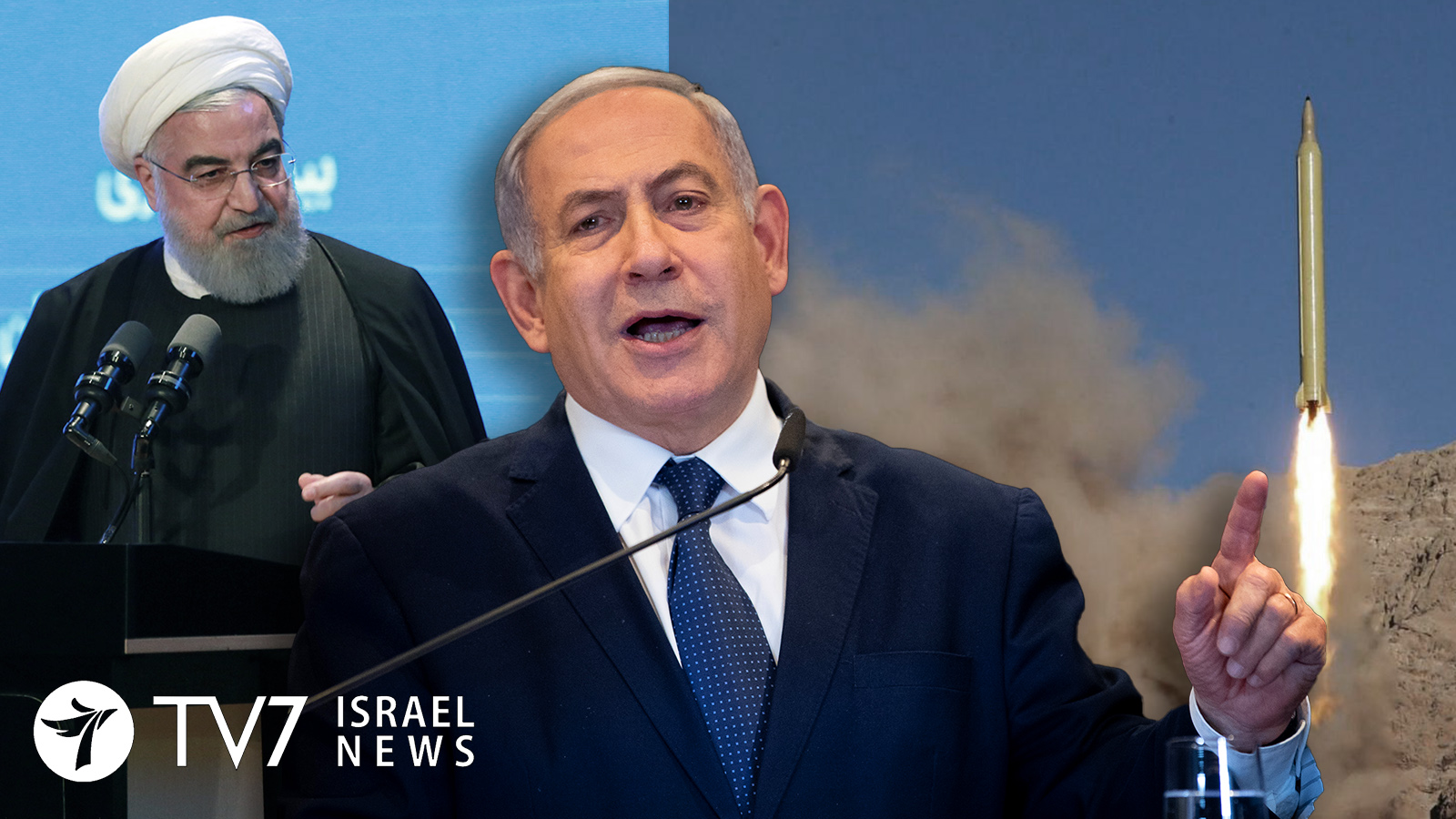Israeli Prime Minister Benjamin Netanyahu signaled to the Islamic Republic that Jerusalem is well aware of its nuclear program, while adamantly reiterating resolve to thwart Tehran’s aspiration of achieving nuclear weapons capability.
“We know exactly what is happening with the Iranian nuclear program,” and “Iran thinks it can achieve nuclear weapons,” said Netanyahu in a videotaped statement, before adding that “Israel will not allow Iran to achieve nuclear weapons.”
The Israeli leader went on to call on all Western countries “to impose snap-back sanctions at the UN now,” as a means to further obstruct the Islamic Republic’s financial ability to fund its malign revolutionary policy.
Europe is apparently losing patience with the Islamic Republic of Iran. The E3 nations of France, Britain and Germany, have triggered the dispute mechanism of the Joint Comprehensive Plan of Action (JCPOA), over Tehran’s ongoing violation of nuclear-related commitments under the 2015 accord.
The three European powers issued a joint statement in which they blamed Iran for forcing their actions yet stopped short of joining the United States in exerting additional economic pressure on the Ayatollah regime. While London, Paris and Berlin asserted a united front vis-à-vis the Islamic Republic, European Union High Representative for Foreign Affairs Josep Borrell sought to downplay the move as a European effort to reintroduce full Iranian compliance to the 2015 nuclear deal. “The aim of the Dispute Resolution Mechanism is not to re-impose sanctions,” declared Borrell.
While addressing the European Parliament in Strasbourg, the new EU Foreign Policy Chief clarified that “The aim of this mechanism is to resolve issues related to the implementation of the (JCPOA) agreement within the framework of the joint Commission (of the JCPOA: China, France, Germany, Russia, United Kingdom). In an effort perceived as attempting to downplay the move, Borrell then clarified that “this has to be clear that the objective is therefore to find solutions and return to full compliance within the framework of this agreement.”
The official evocation of the dispute mechanism by the E3 is followed by the attempted resolution of differences within a deadline of 15 days, which can be extended by consensus. While speaking to reporters in Berlin, German Foreign Minister Heiko Maas expressed confidence “that there are possibilities to reach agreement” during the upcoming discussions, while acknowledging that “ultimately, we cannot sit back and watch Iran permanently announcing it will no longer stick to its commitments.”
The top German diplomat explained the dispute mechanism is now being activated as an “instrument” meant “to ensure that Iran declares it will stick to its nuclear deal commitments in the future.” After calling on Tehran “to constructively participate in these negotiations,” Maas clarified that in the E3’s view, the goal of the talks is “to safeguard the nuclear deal – because we believe it makes sense to save this nuclear deal for the future – because it prevents Iran from getting a nuclear bomb.”
